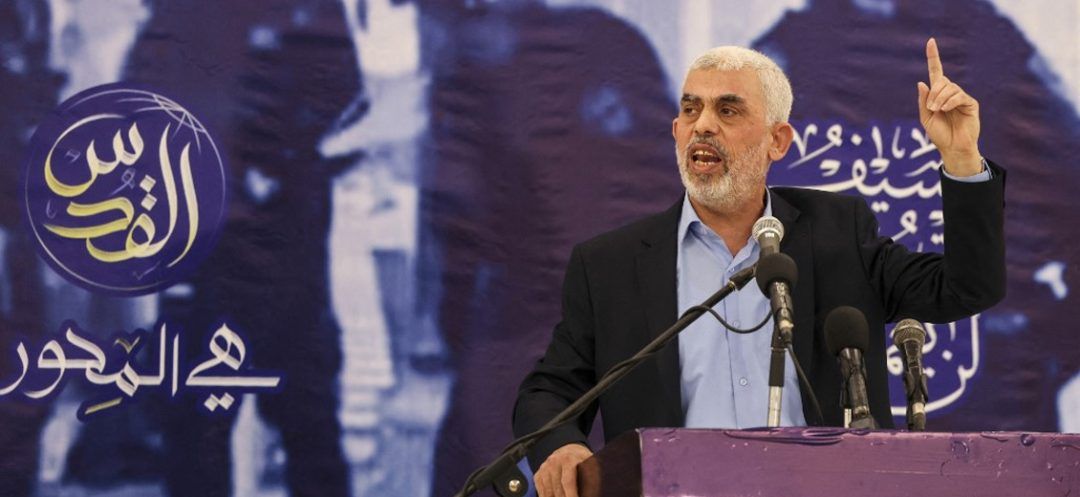
Qatar and Egypt have concluded that achieving a ceasefire in the Gaza strip may be unattainable at this stage, given Benjamin Netanyahu’s continued leadership of the Israeli government and Hamas’ appointment of Yehya Sinwar as its political bureau chief. Consequently, ending the so-called “supporting war,” particularly from southern Lebanon, also appears unlikely, keeping the possibility of widespread escalation on the table.
According to Arab diplomatic sources, Sinwar's appointment has fully severed Hamas from Qatari influence and diminished Turkish and Egyptian sway, placing the movement firmly within the Iranian axis due to Sinwar's alignment. Known for his hardline, unilateral decision-making, Sinwar’s leadership is expected to complicate the efforts of Hamas officials outside Gaza and may lead Israel to adopt a more rigid stance in future negotiations on ceasefires and prisoner exchanges.
Moreover, there is significant frustration in Doha and Cairo with the role of the US in the region. They criticize the insufficient pressure applied to the Israeli prime minister to agree to a ceasefire and argue that Washington should have fully suspended arms shipments to Israel to compel an end to the fighting.
In addition, while awaiting a shift in US pressure tactics to achieve positive outcomes, Palestinians in Gaza will continue to bear the brunt. The conflict in southern Lebanon will persist, with efforts to implement Resolution 1701 failing to produce tangible results. Meanwhile, Lebanon is striving to avoid further negative repercussions, albeit with limited success, and is focusing on securing support for its official position that aims to prevent a full-scale war, insisting on the complete implementation of Resolution 1701.
In this context, Foreign Minister Abdallah Bou Habib's visit to Cairo was notable for the strong support he received from Egyptian officials, especially from Foreign Minister Badr Abdel Atti, who pledged to visit Beirut. The timing of this visit will be determined through tripartite consultations involving Caretaker Prime Minister Najib Mikati, Caretaker Minister Bou Habib, and Minister Abdel Atti.
It is also reported that Minister Bou Habib has not ruled out a visit to Jordan following his phone call with his Jordanian counterpart, Foreign Minister Ayman Safadi, on Monday, after his trip to Tehran. The planning and timing of this visit will also be coordinated between Mikati and Bou Habib. According to Arab diplomatic sources, while Jordan publicly supports Lebanon and condemns Israeli aggression against it, it is also seeking to avoid being drawn into any broader regional escalation.
Read more



Comments